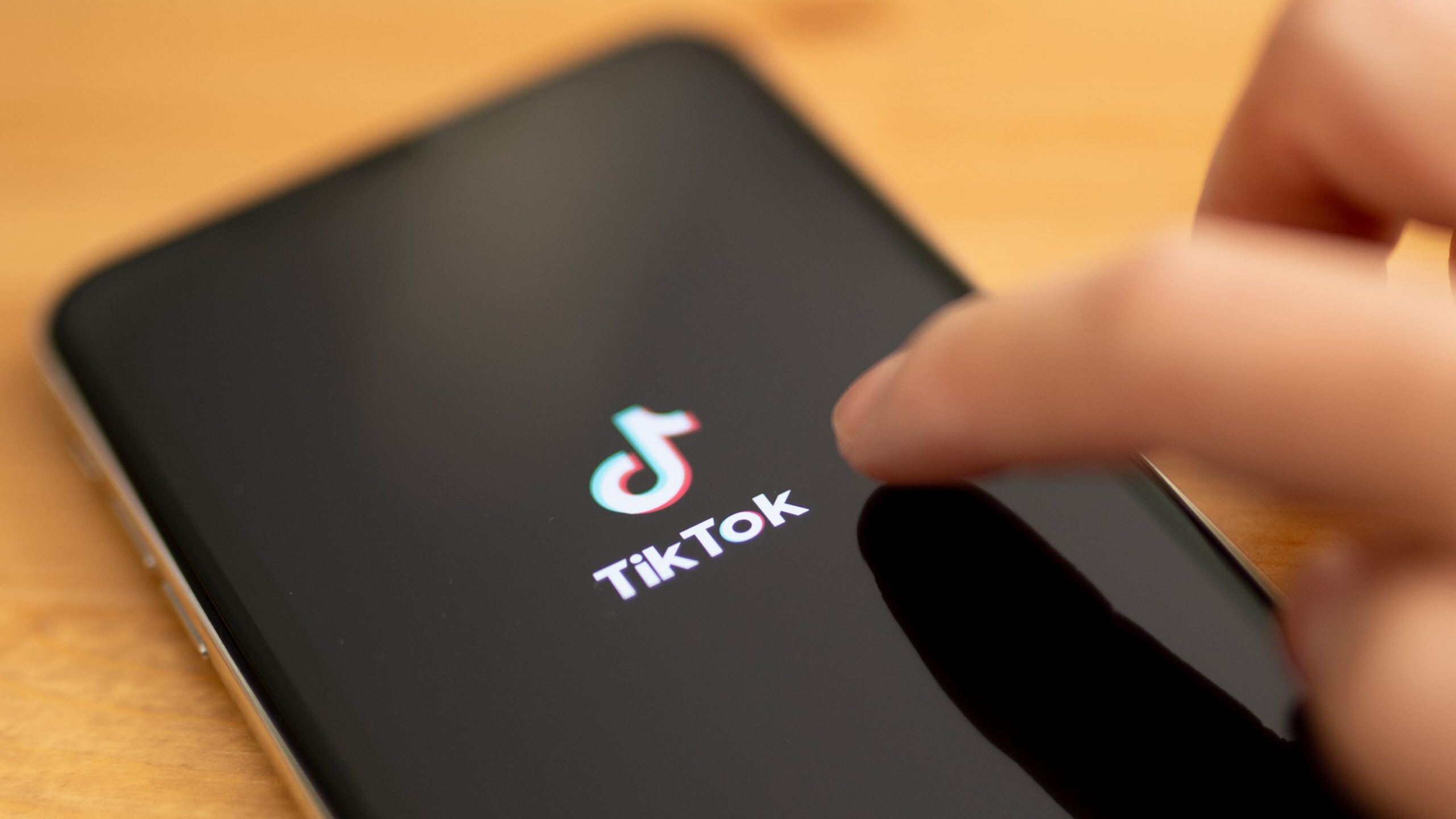In the modern workplace, building a successful team goes beyond simply assembling individuals with the right technical skills. It’s about understanding the unique personalities that make up the team and how these personalities interact with one another. Personality testing has become a vital tool in this process, providing valuable insights into individual behaviors and their potential impact on team dynamics.
Understanding Team Dynamics Through Personality
Personality testing is grounded in psychology and behavioral science, which explore how individual traits influence actions and interactions. These traits—such as introversion vs. extroversion, agreeableness, emotional stability, and openness to experience—play a significant role in determining how a person will perform in a team setting. When a team is composed of individuals whose personalities complement each other, it often results in enhanced communication, better collaboration, and increased productivity. Conversely, a poor personality fit can lead to misunderstandings, conflicts, and a decline in overall team morale.
Personality assessments allow employers to go beyond the resume and evaluate how a candidate’s behavioral tendencies align with the specific needs of a team. This approach helps in predicting not just job performance, but also how well a new hire will integrate into the existing team culture.
The Role of Personality Testing in Team Success
The use of personality assessments in hiring and team building offers several key benefits:
- Enhanced Team Cohesion:
By identifying personality traits that are complementary, employers can build teams that work well together. This leads to smoother communication, better problem-solving, and a more supportive work environment. When team members understand each other's strengths and weaknesses, they can adjust their interactions to be more effective and empathetic.
- Improved Job Satisfaction and Retention:
Employees who are well-suited to their roles and team environments are generally more satisfied with their jobs. This satisfaction translates into higher levels of engagement and a lower likelihood of turnover. When people feel that their work environment aligns with their personality, they are more likely to stay with the company long-term, reducing the costs associated with high turnover rates.
- Better Leadership Development:
Personality testing can also play a crucial role in identifying potential leaders within a team. Traits such as emotional intelligence, resilience, and decisiveness are often highlighted in personality assessments, making it easier to spot individuals who may be well-suited for leadership roles. This proactive approach to leadership development ensures that companies have a pipeline of capable leaders ready to step up when needed.
- Reduced Workplace Conflict:
One of the significant advantages of understanding personality dynamics is the ability to minimize conflict. By ensuring that team members are compatible, or by being aware of potential friction points, employers can take steps to address issues before they escalate. This leads to a more harmonious work environment where employees feel respected and valued.
The Science Behind It All
Personality testing is not just about categorizing people into types; it’s about understanding the underlying motivations and behaviors that drive their actions. The science behind these assessments is rooted in decades of psychological research, which has shown that certain personality traits are strong predictors of job performance and team compatibility. By leveraging this research, companies can make more informed decisions during the hiring process, ensuring that new employees will not only meet the technical requirements of the job but will also thrive within the team.
Conclusion
In conclusion, the integration of personality testing into the hiring and team-building process is a game-changer for modern organizations. By understanding the personalities within a team, employers can create more cohesive, productive, and satisfied teams. This approach not only improves individual and team performance but also contributes to a positive workplace culture, where everyone can bring their best selves to work. As the science of personality continues to evolve, its application in the workplace will undoubtedly become even more sophisticated, offering deeper insights and greater opportunities for success.



